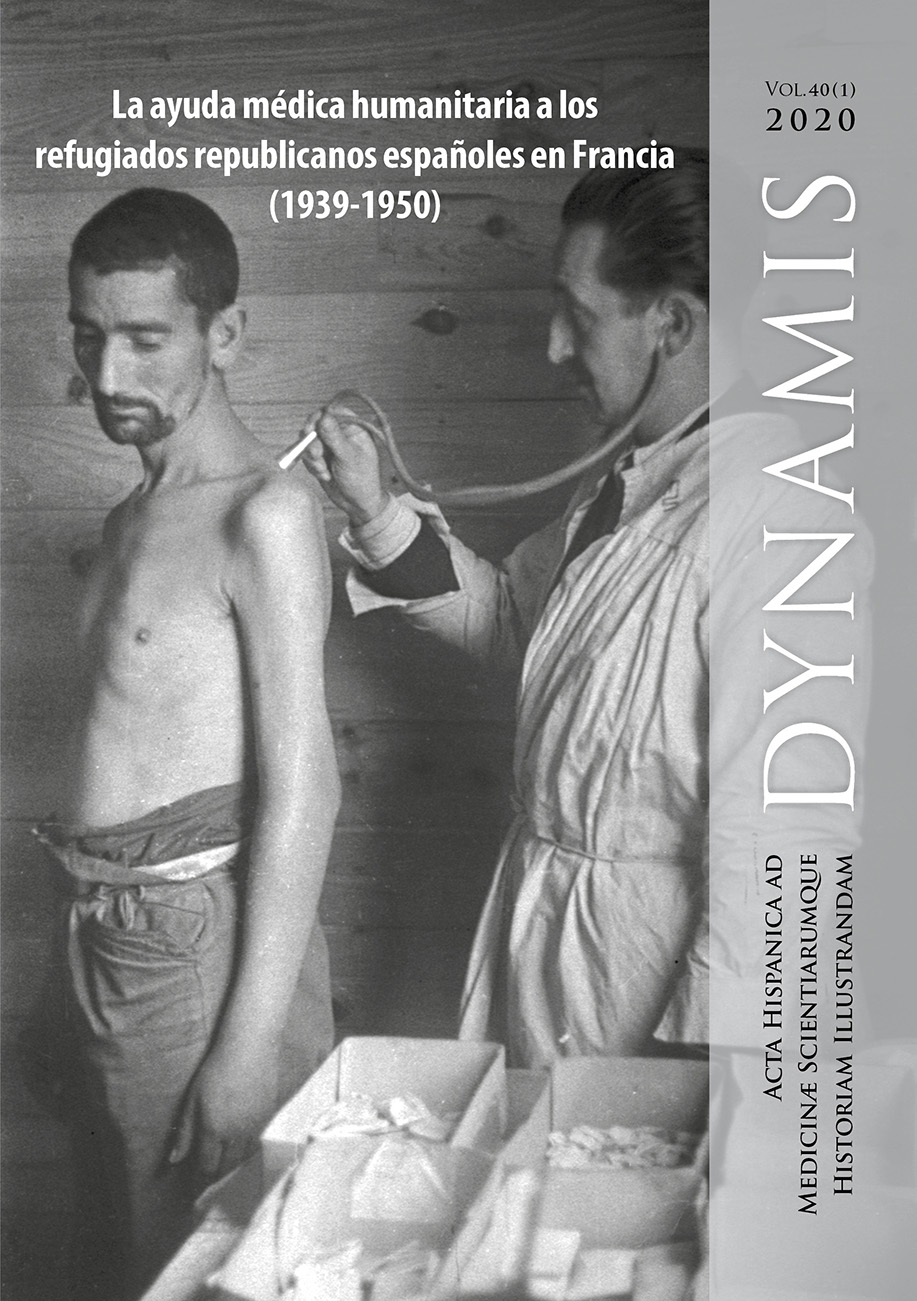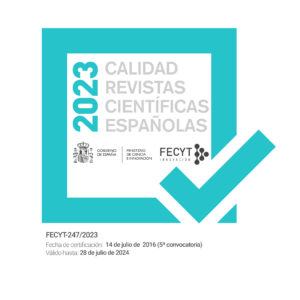Fernando Boscá and the end of The Laboratory of Spanish Hydrobiology in Valencia (1928-1932): Indifference, obstructionism, and administrative irregularities
DOI:
https://doi.org/10.30827/dynamis.v40i1.15661Keywords:
limnology, ecology, scientific families, scientific institutions, institutional precariousness, ValenciaAbstract
The Laboratory of Spanish Hydrobiology (LSH) was founded by Celso Arévalo in 1912. Arévalo was Head of the Department of Natural Sciences at the provincial high school of Valencia. The LSH was the first research center specifically devoted to freshwater ecology in Spain. In 1919, when Arévalo was transferred to Madrid, the LSH moved its administrative center into the National Museum of Natural Sciences (NMNS), but it continued to be housed and funded by the high school. Arévalo’s disciple, Luis Pardo, was appointed as the new head of the LSH in Valencia. He developed notable scientific work, despite scant support from the directors of the NMNS. Finally, he moved to Madrid in search of a better post in 1927. The new person in charge of the LSH was Fernando Boscá, a young and inexperienced naturalist. He was the grandson of the distinguished zoologist and paleontologist Eduardo Boscá and the son of Arévalo’s successor at the high school, Antimo Boscá. From 1928 until 1931, Fernando Boscá made personal efforts to maintain the activity of the LSH, despite the indifference of the NMNS and obstruction from the headmaster of the high school. He carried out modest research on freshwater and marine animals in the Valencia region, maintained research aquaria, and launched several initiatives to disseminate knowledge in this field. Nevertheless, the LSH finally ceased its activity in 1932 due to an anomalous administrative decision.Downloads
Download data is not yet available.
Downloads
Published
2020-07-01
How to Cite
Catalá-Gorgues, J. I. (2020). Fernando Boscá and the end of The Laboratory of Spanish Hydrobiology in Valencia (1928-1932): Indifference, obstructionism, and administrative irregularities. Dynamis, 40(1), 169–202. https://doi.org/10.30827/dynamis.v40i1.15661
Issue
Section
Artículos
License
Dynamis se encuentra adherida a una licencia Creative Commons Reconocimiento (by), la cual permite cualquier explotación de la obra, incluyendo una finalidad comercial, así como la creación de obras derivadas, la distribución de las cuales también está permitida sin ninguna restricción.

















